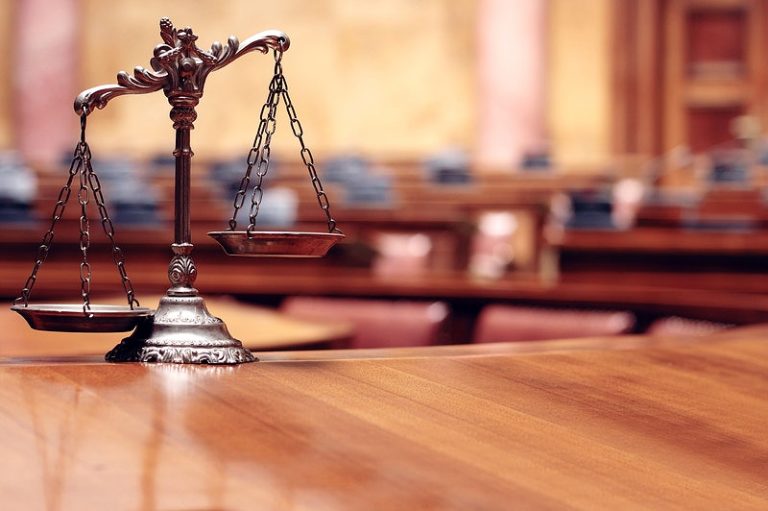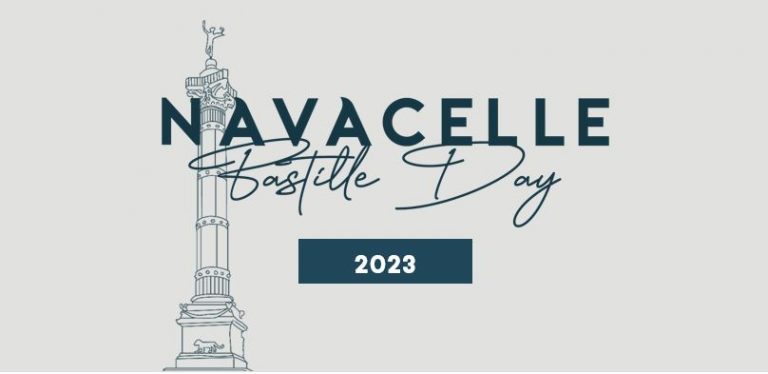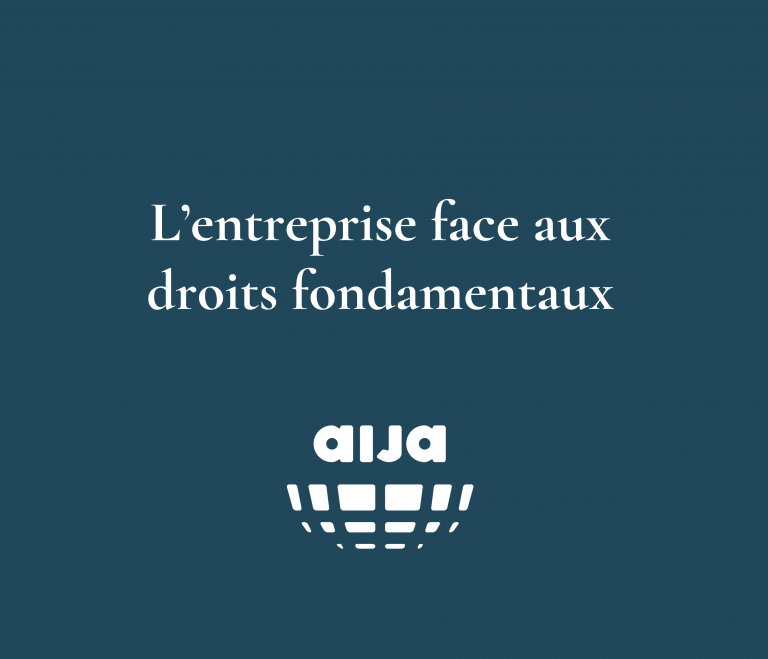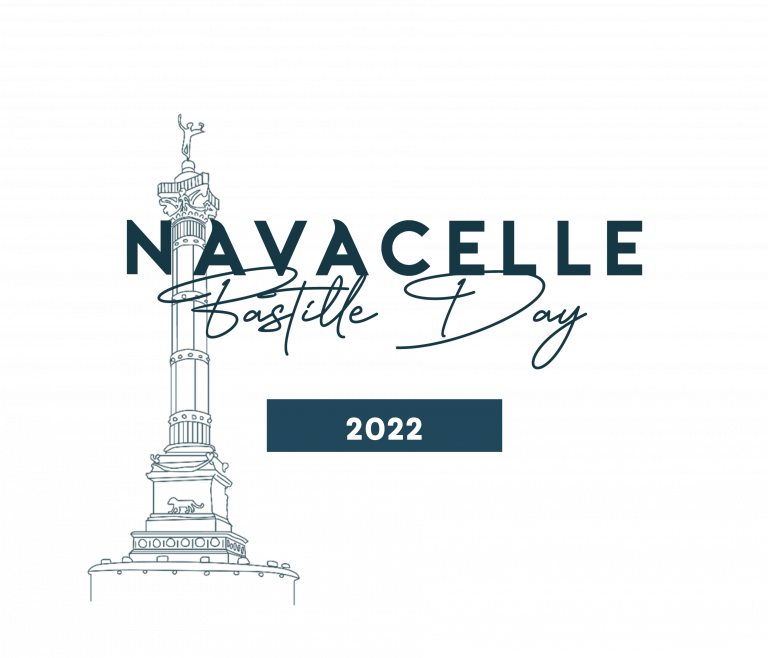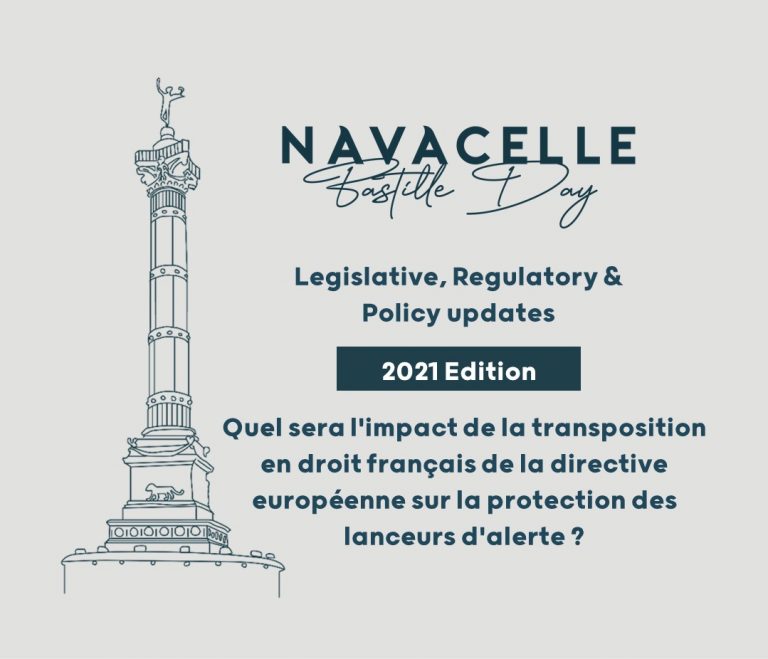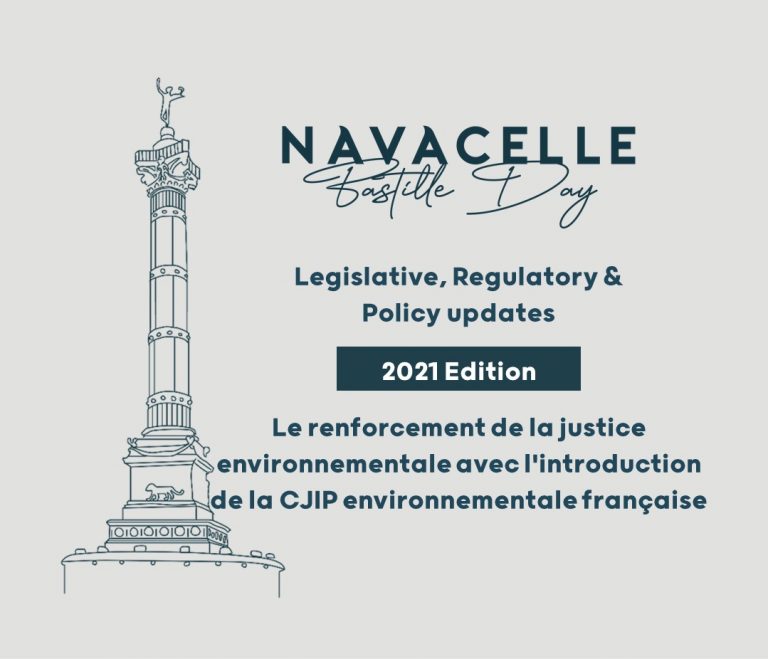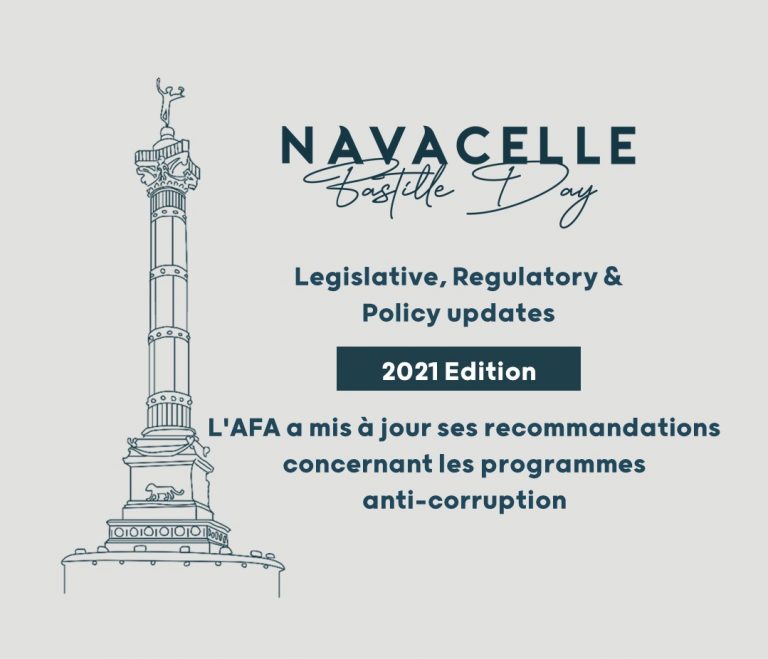In response to the coronavirus pandemic, the French government declared a nation-wide state of emergency on March 23, 2020 [1], enabling the government for a period of 3 months, to take by decree any necessary measures to prevent further spread of the covid-19 in France. The lockdown was issued by decree of the French Minister of Health [2]. Accordingly, on March 25, 2020, a decree amending French criminal procedure was enacted. (hereafter the “March 25 Decree”) [3].
Moreover, the law establishing the state of emergency amended the French Public Health Code introducing the offence of violating the lockdown [4]. Individuals are liable for a fine of 135 euros [5]. In case of a second violation occurring within a 15-day period, the fine is increased to 200 euros [6]. In case of a third violation occurring within a 30-day period, individuals face up to a 6-month jail sentence and a 3,750 euro fine [7].
Protection of prisoners
It stands to reason that jails are especially susceptible to the spread of COVID-19 considering the difficult implementation of “protection measures” as well as the lockdown in cells. Therefore, articles 27 to 29 of the March 25 Decree allow the Judge responsible for the enforcement of sentences to shorten by two months the sentence of convicted persons imprisoned during the state of emergency [8], to grant early release to prisoners whose remaining detention period is 2 months or less [9] and to convert sentences of 6 months’ imprisonment into community service and day-fines, inter alia.
On April 29, 2020, the French Minister of Justice stated that the number of prisoners had decreased by 11 500 since March 16, 2020 [10]. This unprecedented decline is due both to a decrease of court proceedings and to these early release measures.
However, these measures are rather paradoxical considering notably Article 16 of the March 25 Decree which extends automatically the custody time limits by two months when the prison sentence incurred is less than or equal to five years, by three months in other cases and by six months for the cases heard before the Court of Appeal. These extensions have been widely criticized and gave rise to a number of procedures initiated before the Conseil d’Etat (French Administrative Supreme Court), notably by the Paris Bar Association as well as by the French National Bar Council requesting the suspension of the enforcement of the measures at stake. These requests were however denied [11].
Protection of officers of the court
As part of early actions taken by the government all hearings were postponed except emergency cases to ensure protection of the officers of the court such as judges and lawyers as well as prosecuted individuals [12]. In that respect, as of March 12, 2020, the prescriptive period for prosecution and punishment has been suspended until one month after the end of the state of emergency [13]. If a legal act interrupts the prescriptive period such act remains legally valid but will take effect at the end of the suspension.
Additionally, the March 25 Decree, modifies the procedural rules governing hearings. Thus, hearings can be led by only one judge subject to a decision of the president of the court [14]. It also provides that hearings and rulings can be closed to the public should the president of the court decide so. This measure is rare enough since hearings and judgment are to be pronounced publicly pursuant to article 6§1 of the European Convention on Human Rights. Moreover, the use of videoconferencing has been generalized before all criminal courts, save for felony courts (Cour d’assises), without the need to obtain the agreement of the parties [15].
